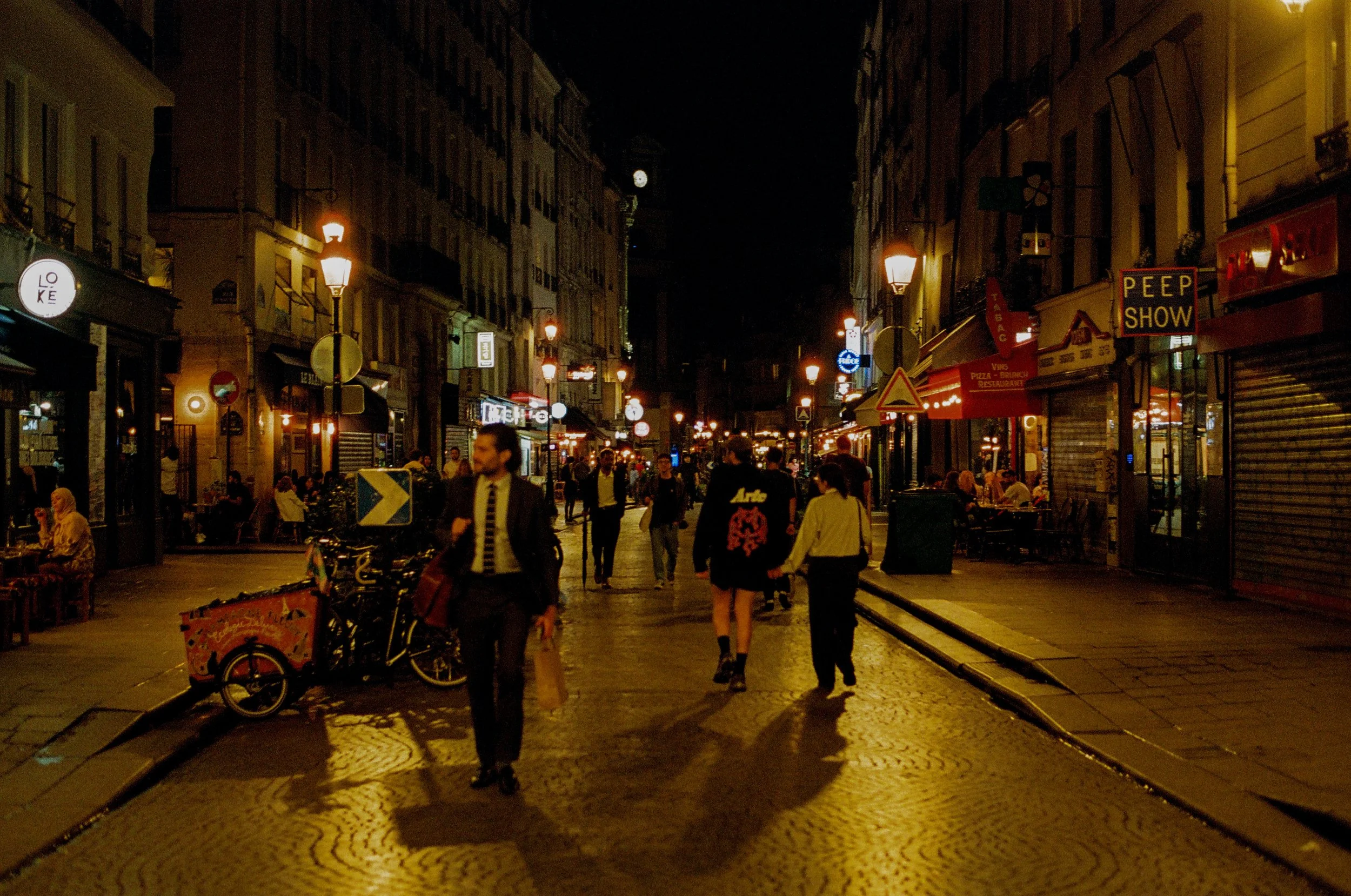AI in the City of Lights: How To Navigate Paris in the Shadow of the Olympics
If you’ve been on social media or keeping up with the news cycles during this hot summer of 2024, you’ve likely seen discussions about the Paris Summer Olympics and the rise of artificial intelligence. But what happens when you merge the two?
Surprisingly, many Parisians shared that they expected much larger crowds for this rare quadrennial event. This was largely due to the so-called ‘Absence Effect’—a mistaken belief that caused residents to vacate the city to avoid the expected throngs, ultimately leading to smaller crowds.
Despite the unexpectedly low number of tourists and Parisians in the city, chaos still ensued. Many streets were closed for cycling events, road closures were in effect, and the intense, bumper-to-bumper driving culture created unavoidable pandemonium.
Using ChatGPT in such a high-stakes city, where individuality and exploration are favored over recommendations and guided tours, I found that getting tailored advice from the technology was incredibly useful. Learning language models, based on vast datasets, offer insights akin to those of a typical Parisian while also providing straightforward answers to your questions.
ChatGPT’s version 4.0 language model has been somewhat lackluster since its release a few months ago. It generates more errors, misinterprets intentions, and often requires multiple queries to get the desired response. However, with critical thinking and persistence, you can still achieve the results you’re looking for.
Being able to tell the AI my plans for the day, what I wanted to achieve, which district I was in, and what my interests were allowed me to receive tailored advice on places to prioritize visiting. Whether it was the infamous gay district of Le Marais or the best spot to enjoy a quality duck dish, artificial intelligence became an incredibly helpful, nonjudgmental resource when navigating a city as unique as Paris.
